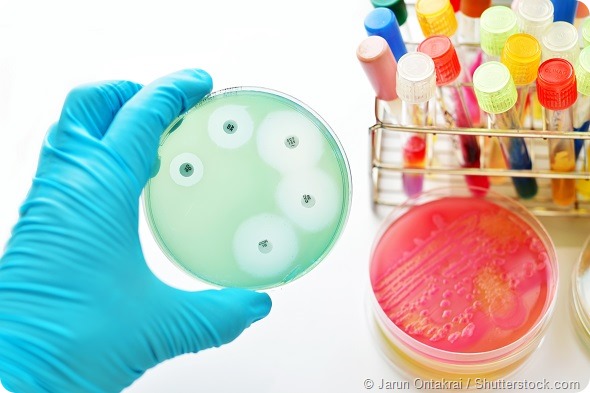At a United Nations meeting held in New York, world leaders have warned against the very real and present threat antimicrobial resistance (AMR) poses to human and animal health, as well as sustainable food production and development.

Speaking at the meeting, which was organized by the World Health Organization (WHO), the Food and Agriculture Organization (FAO) and the World Organisation for Animal Health (OIE), UN Secretary-General Ban Ki-moon said:
It is not that it may happen in the future. It is a very present reality in all parts of the world, in developing and developed countries; in rural and urban areas; in hospitals; on farms and in communities. We are losing our ability to protect both people and animals from life-threatening infections.”
If the problem is not addressed quickly and comprehensively, protecting universal health will become more difficult and maybe even impossible, he added.
He also warned that AMR will jeopardise achievement of the Sustainable Development Goals, as well as threatening sound economies and social cohesion.
To help emphasise the problem, the director general gave a few sobering examples. He described how it is estimated that more than 200,000 newborns die every year as a result of AMR, that multidrug-resistant typhoid is spreading across Africa and extensively drug-resistant tuberculosis has been identified in 105 countries.
Furthermore, bacteria are developing new genetic mechanisms for AMR that are also quickly spreading across the globe.
The WHO, FAO and OIE say the high level of AMR that already exists is due to the overuse and misuse of antibiotics in humans, animals, and crops, as well as residues from the medicines spreading through soil, crops and water. AMR now represents the greatest and most urgent global risk, they say.
Also speaking at the meeting was Director-General of FAO, José Graziano da Silva, who said:
AMR is a problem not just in our hospitals, but on our farms and in our food, too. Agriculture must shoulder its share of responsibility, both by using antimicrobials more responsibly and by cutting down on the need to use them, through good farm hygiene.”
This is only the fourth time the UN General Assembly has taken up a health issue and the first time Heads of States have jointly committed to taking a coordinated approach to addressing AMR across multiple sectors.
In a joint statement issued during the meeting, countries reaffirmed their commitment to developing action plans based on the Global Action Plan on Antimicrobial Resistance developed in 2015.
“Such plans are needed to understand the full scale of the problem and stop the misuse of antimicrobial medicines in human health, animal health and agriculture,” note WHO, FAO and OIE.